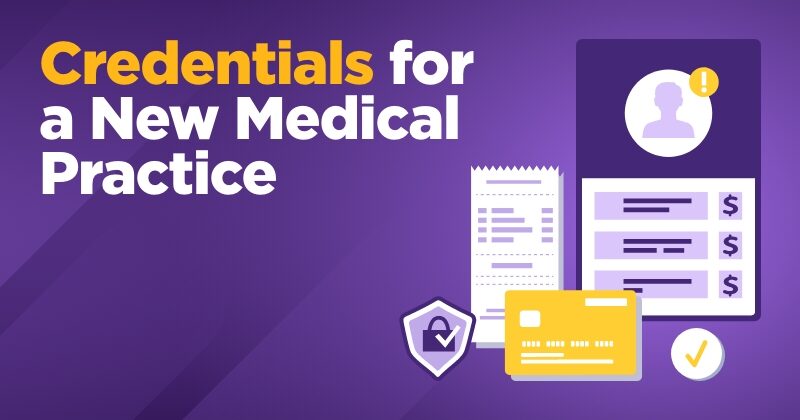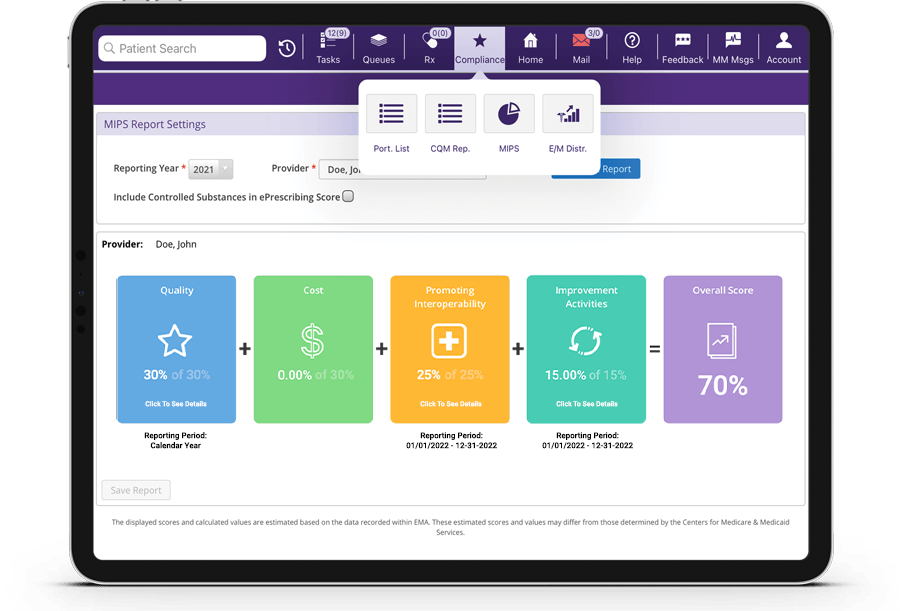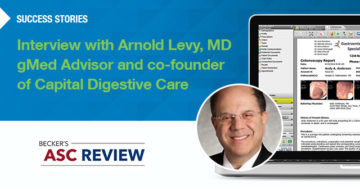Credentials for a New Medical Practice

Negotiate with private insurers, enroll with Medicare and Medicaid, and plan your legal structure
You’ll need credentials to get paid by private and government insurance programs. Start the credentialing process sooner rather than later, since it can take a while. Payers will inquire about your medical education, residency, licensure and insurance. A healthcare attorney can advise you on appropriate legal structures and draft your articles of incorporation, articles of organization or partnership agreement.
Private Payers. Find out which health insurance carriers operate in your area and negotiate reimbursement contracts with each. Start the process 9–12 months in advance — yes, it can take that long — so you can be ready to bill on day 1.
Medicare and Medicaid. Enroll on the Centers for Medicare & Medicaid Services website, and if you plan to serve low-income or elderly patients, you’ll want to be part of your local Medicaid program.

Value-Based Care. Today the trend in payments is toward value-based care and away from the fee-for-service model. If you bill Medicare, the Merit-Based Incentive Payment System (MIPS) can affect your reimbursements significantly, and you’ll want an EHR system that helps you collect and report MIPS quality data.
Tax IDs. Apply to the Internal Revenue Service for a Federal Employer ID, which identifies your business for tax purposes. You may also need a state employer ID and local sales tax ID. You’ll probably need a business or occupational license from your municipality.
Medical IDs. Physicians need National Provider Identifiers from the CMS National Plan and Provider Enumeration System to identify themselves in a standardized way. To prescribe medications, you’ll need a DEA number from the Drug Enforcement Administration, and you may need a license from the medical board in your jurisdiction.
Equipment. If you have X-ray equipment, you may need to register it with your health department. If you have a laboratory, you’ll need certification from the Clinical Laboratories Improvement Amendment program through CMS.
Other Regulations. Finally, familiarize yourself with requirements of the Occupational Safety and Health Administration, Physician Self-Referral Law, Health Insurance Portability and Accountability Act, and Universal Protocol training.
More in This Blog Series
Financing a New Medical Practice
Locating a New Medical Practice
Sources
ModMed 2022 Patient Experience Report: What Patients Really Think, ModMed research report (2022 July)
“Checklist for New Practice Start Up,” MGMA Health Care Consulting Group (2000)
“New Practice Start-Up Checklist,” Kareo (2020)
R. Rohit Dhir, “5 Things I Wish I Knew Before I Started My Career in Urology,” The Scope of Practice blog (2021 January 21)
This blog is intended for informational purposes only and does not constitute legal or medical advice. Please consult with your legal counsel and other qualified advisors to ensure compliance with applicable laws, regulations and standards.


